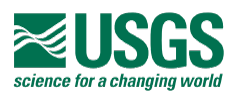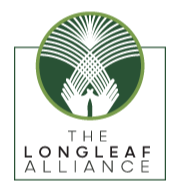Range-wide assessment of grazing and hydrology in bog turtle wetlands
VA Tech BT Wetlands Study
In December 2018, a meeting of bog turtle experts was hosted in Richmond, VA and experts across the Eastern range of the species identified as a high priority the need to better understand the benefits and potential negative impacts of livestock grazing in bog turtle inhabited wetlands. Hydrologic conditions in bog turtle wetlands emerged as a secondary concern needing more research. Recently, NRCS’ Conservation Effects Assessment Project (CEAP) awarded funds to Dr. Carola Haas leading a team of researchers at Virginia Tech University to conduct an assessment on these two topics (grazing and hydrology).
The overall goal of this study is to identify bog turtle wetlands across the range managed under a range of grazing intensities and evaluate habitat conditions, especially vegetation structure and groundwater hydrology. Monitoring will occur on 10-15 sites within the northern, ESA listed range of the bog turtle in NY and PA, as well as 10-15 sites within the southern range (VA, TN). Priority focus will be on selecting study sites on private lands that are enrolled in the Wetland Reserve Enhancement (or old Wetland Reserve) Program(s) of the Farm Bill. The proposed work uses temperature loggers and perhaps trail cameras to assess changes to vegetation structure related to grazing pressure. Because baseline information on hydrology of bog turtle sites is very limited, piezometers will be deployed to monitor water table fluctuations. Additional data collection will include grazing history, vegetation surveys, and outlet stream geomorphology measurements. Sites will be accessed only on a very limited basis both (1) to reduce potential impacts of research activities on bog turtle sites and (2) to reduce costs while achieving NRCS goals of a range-wide study. Sites will be visited once each spring (March-April) to install loggers and once each fall (September-October) to download data and measure vegetation. The work is scheduled to commence in March-April 2020 and end in the fall of 2021.
NRCS is currently consulting with the Fish and Wildlife Service under section 7 of the ESA, as well as conducting coordination to obtain CWA 404/401 permits.
This research is funded by NRCS' Conservation Effects Assessment Project (CEAP) to support WLFW-Bog turtle
| Project ID | |
|---|---|
| End Date: | November 30, 2021 |


























